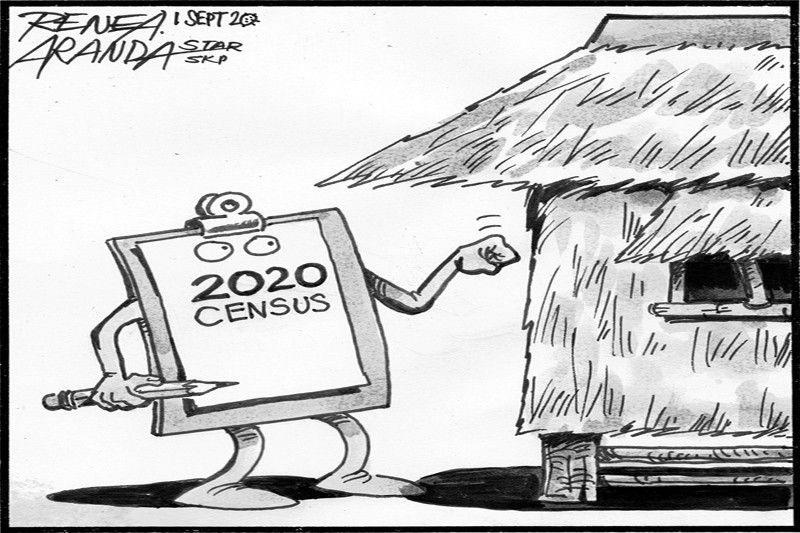EDITORIAL - Transmission risk

With the COVID pandemic still raging, the government is embarking on a house-to-house operation not for contact tracing, but to push ahead with the national census this month. In October, another activity requiring the participation of all households will also be launched the pre-registration for the national identification system.
Both projects intend to gather data that can improve not only development planning and the efficient allocation of resources, but also government responses during public health emergencies such as the ongoing coronavirus pandemic.
The national ID in particular could have improved the dissemination of cash assistance to the neediest households during the pandemic. But its passage in Congress was opposed for years by activist groups worried that it would be used for state surveillance in counterinsurgency. When the ID system was finally enacted into law, its implementation was also derailed.
The biggest concern at this time when there is still no vaccine or cure for COVID is that any house-to-house physical interaction among strangers might exacerbate community transmission of the killer coronavirus. The national ID will require obtaining biometrics including fingerprints and retina scan, which cannot be done online. The census can be conducted by phone or online, but accuracy in answering questions is inevitably better in face-to-face interviews at the respondents’ homes.
For the safety of both the general public and those who will be undertaking the census and pre-registration for the national ID, health safety protocols must be set and strictly enforced. Experts have noted encouraging signs that the COVID curve is finally flattening after nearly six months of crippling lockdowns. The gains must be sustained, and must not be compromised by any poorly conceived data-gathering program.
- Latest
- Trending


























